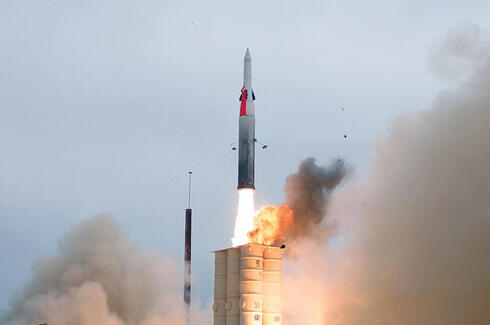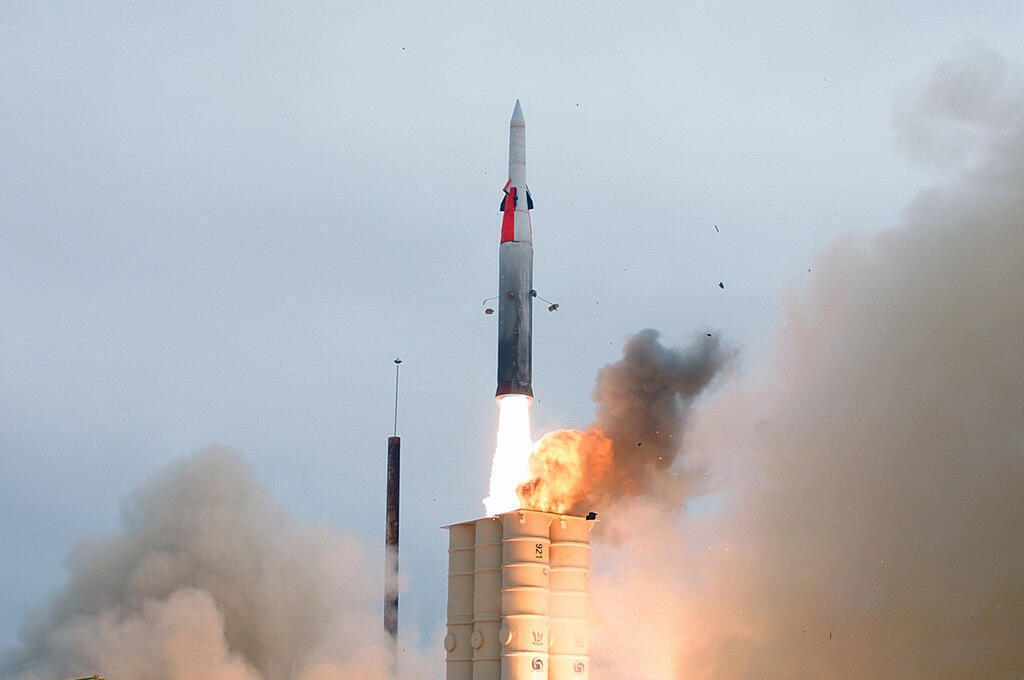
High-Tech Trendsetters
The war machine: Israel’s defense industry thrives amid historic demand
As global militaries rearm, Israel’s weapons manufacturers face record orders and political hurdles.
If there is one industrial sector in the Israeli economy that the public and local businesses could rely on over the past year—and that even exceeded expectations—it is the local arms industry. Israel’s defense companies have never been as busy as they have been since the outbreak of the war, and a return to the pre-October 7 routine is not in sight. This is why the defense industries feature prominently in Calcalist's most influential ranking for 2024.
This year, media attention primarily focused on the major companies receiving most of the Ministry of Defense's procurement and strengthening budgets: Elbit Systems, Israel Aerospace Industries (IAI), and Rafael. When military commanders come to these companies with urgent needs from the battlefield, the engineers are quick to respond, going straight to the drawing board, running field tests, and returning with solutions. Sometimes, this process takes weeks—other times, just days. These solutions range from sophisticated, highly classified missiles to encrypted communication systems or particularly creative explosive devices.
This production race is dramatic, driven by the urgent demand for Iron Dome and David’s Sling interceptors, mortar bombs, artillery shells, and tanks. All of this is happening while Israel faces an arms embargo, whether overtly declared or more subtly disguised. Self-reliance in defense production has become a central theme in the defense establishment’s discourse, though even this vision has its limits. Israel may never achieve complete independence in defense manufacturing, but industry leaders are doing their best to push toward that goal. Just a few days ago, IAI completed the construction of a new factory in Ofakim to produce components that, before the war, had been imported from other countries. These basic electronic components are critical for a wide range of key weapons systems, without which production would be impossible
In parallel with all this, foreign armies—many of which began arming themselves extensively even before the war in Israel—have ordered billions of dollars' worth of weapon systems from Israeli companies, demanding adherence to strict delivery schedules.
Despite the surge in orders, Israel’s defense industries have also become targets for diplomatic pressure, as some countries seek to use them to send messages to Jerusalem regarding the war in Gaza. For example, Chile barred Israeli defense companies from participating in a weapons exhibition held in Santiago, and France expelled them from the prestigious Eurosatory exhibition held earlier this year in Paris.
Amid this complex reality, there is a bright spot: the financial performance of Israel’s defense industries has never been better. Fueled by the war in Ukraine and even more so by the war in Israel, the sector’s revenues are booming. IAI’s second quarter this year was a record-breaker, with profits jumping 80% compared to the previous year. The combined order backlog of Elbit, IAI, and Rafael has surged in recent months to an unprecedented sum, exceeding NIS 220 billion.














